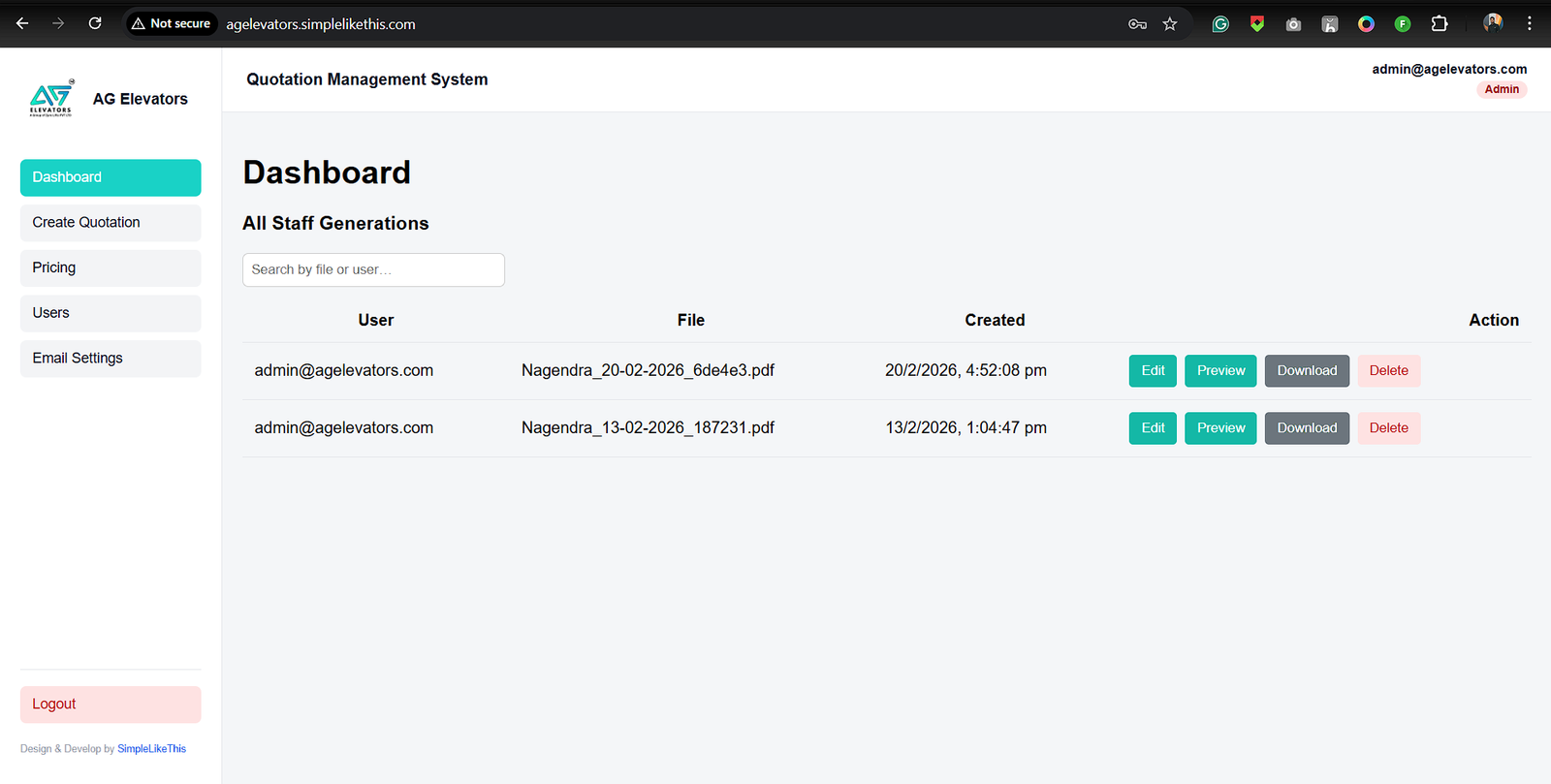The life of a developer often involves tight deadlines and long hours, leading to stress and burnout. Studies show that around 78% of developers experience job-related stress, and up to 60% feel burned out from project pressure. Balancing speed, quality, and mental well-being is tough, but these 8 tips can help boost productivity and well-being.
1. Master Your Time Management Techniques
- Time Blocking and the Pomodoro Technique Time blocking helps you schedule your day into distinct sections, while the Pomodoro Technique encourages 25-minute work sessions followed by a 5-minute break. This can help you stay focused and maintain productivity.
- Prioritization Matrix (Eisenhower Matrix) This matrix helps prioritize tasks by urgency and importance, so you focus on what truly matters in your coding projects.Grid Overview:
- Urgent & Important: Do it now
- Important but Not Urgent: Schedule it
- Urgent but Not Important: Delegate it
- Neither: Eliminate it
- Avoid Multitasking Research shows that multitasking can reduce productivity by up to 40%. Focus on one task at a time for better results.
2. Optimize Your Development Environment
- IDE and Tool Optimization Tools like Visual Studio Code and JetBrains IntelliJ offer plugins to enhance your workflow. Consider using plugins like Prettier for code formatting and GitLens for Git integration.
- Keyboard Shortcuts and Automation Master keyboard shortcuts (e.g., Ctrl + Space for auto-completion) and automate repetitive tasks using tools like AutoHotkey or macOS Automator.
- Workspace Ergonomics Ensure your workspace is set up for comfort and focus, with your monitor at eye-level and your chair supporting your back.
3. Refine Your Coding Practices
- Code Reviews and Pair Programming Code reviews can reduce bugs by up to 80%. Pair programming allows developers to collaborate, offering immediate feedback and improving code quality.
- Version Control Mastery (Git) Learn Git commands like
git commit,git push, andgit pullto manage your projects more efficiently. - Test-Driven Development (TDD) Write tests before coding to ensure your code meets requirements from the start, reducing bugs and saving time later.
4. Cultivate Effective Communication
- Clear and Concise Documentation Write clear code comments and create comprehensive project documentation so others (and yourself) can easily follow your work.
- Active Listening and Collaboration Encourage team collaboration by listening actively and sharing ideas. This leads to a more productive and supportive environment.
- Regular Check-ins and Status Updates Keep stakeholders updated to maintain alignment and adjust plans as needed.
5. Embrace Continuous Learning
- Stay Updated with New Technologies Continuously learning about new tools and frameworks helps you streamline your work. Look for online courses, webinars, and tech blogs for resources.
- Participate in Online Communities Communities like Stack Overflow and GitHub allow you to learn from others, ask questions, and share knowledge.
- Seek Mentorship and Feedback Learning from experienced developers can significantly improve your skills and productivity.
6. Prioritize Your Well-being
- Importance of Breaks and Rest Taking regular breaks can improve focus and creativity. Ensure you recharge and return to work with renewed energy.
- Mindfulness and Stress Management Techniques Practices like meditation and deep breathing reduce stress and improve mental clarity, enhancing productivity.
- Setting Realistic Goals and Avoiding Burnout Break down large tasks into smaller, achievable goals. This helps prevent burnout and promotes a sustainable work pace.
Conclusion: Unlock Your Coding Potential
By implementing these 8 productivity tips, you can improve your coding efficiency while maintaining your well-being. Start using these strategies today and watch your productivity grow.



